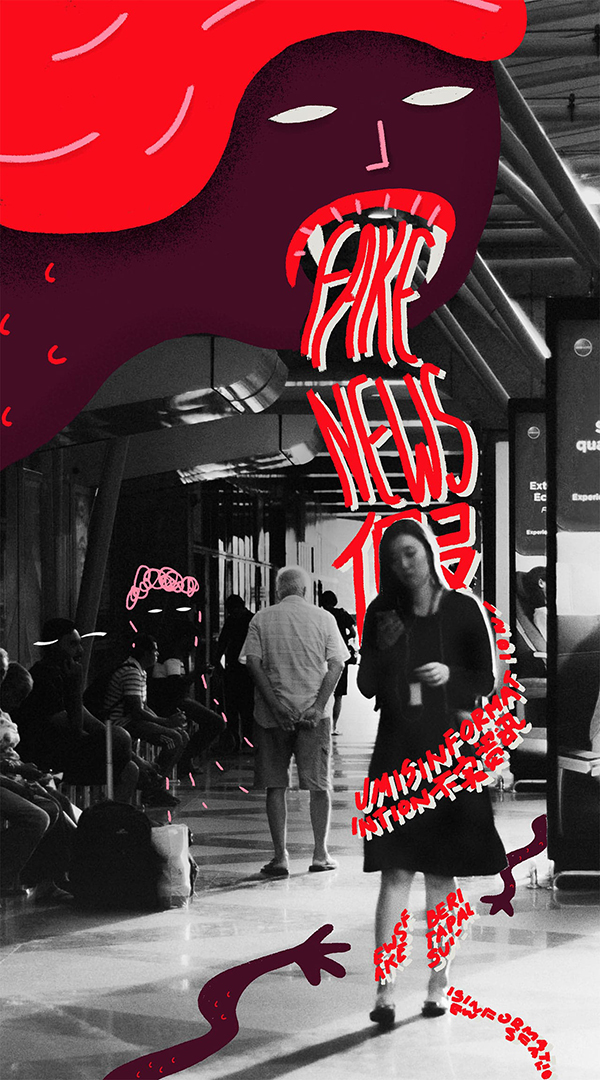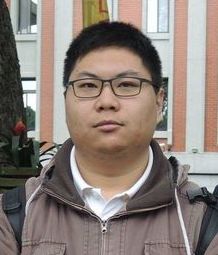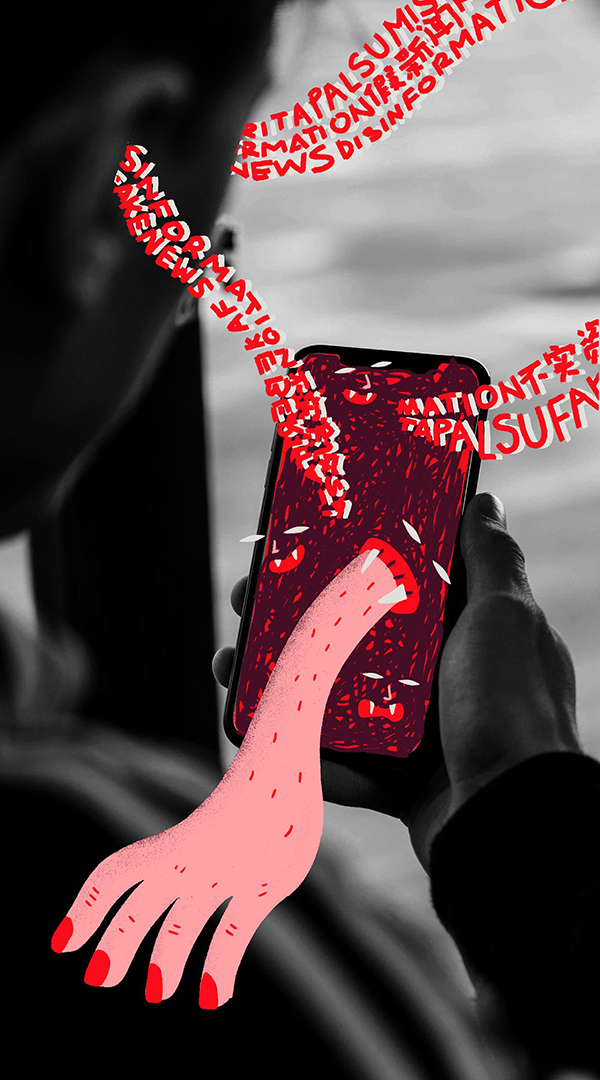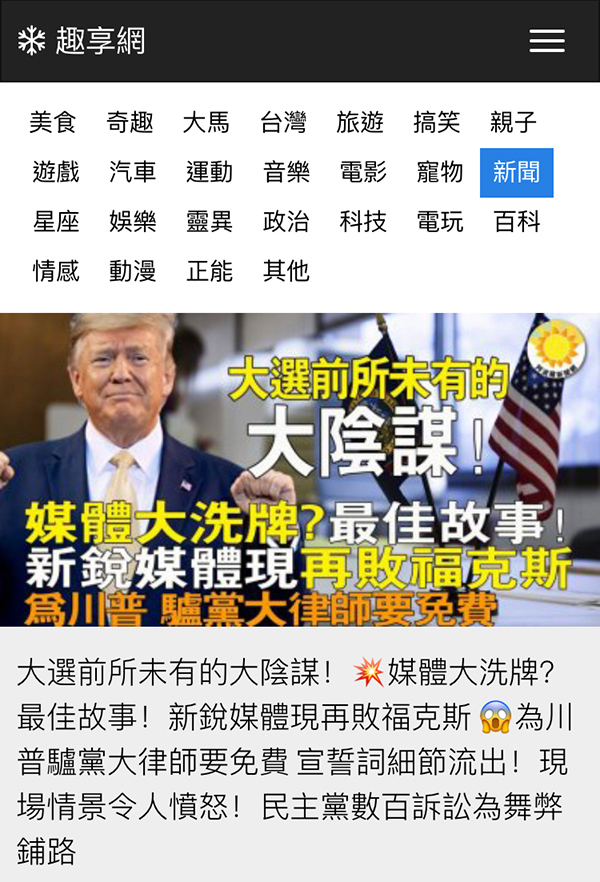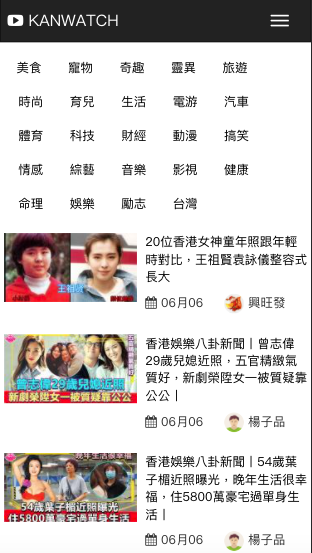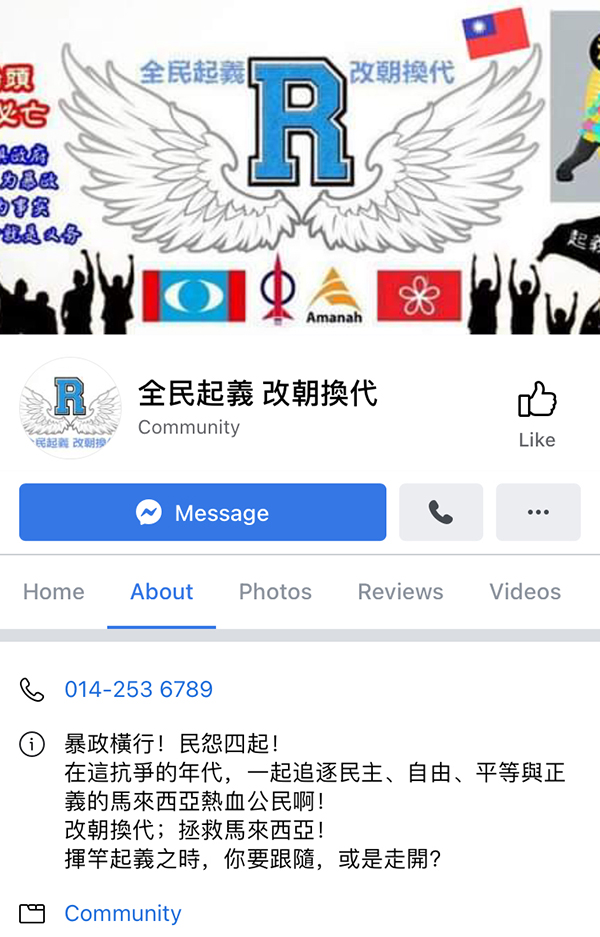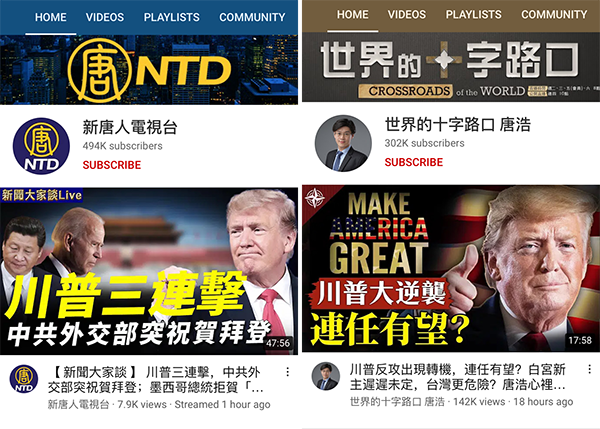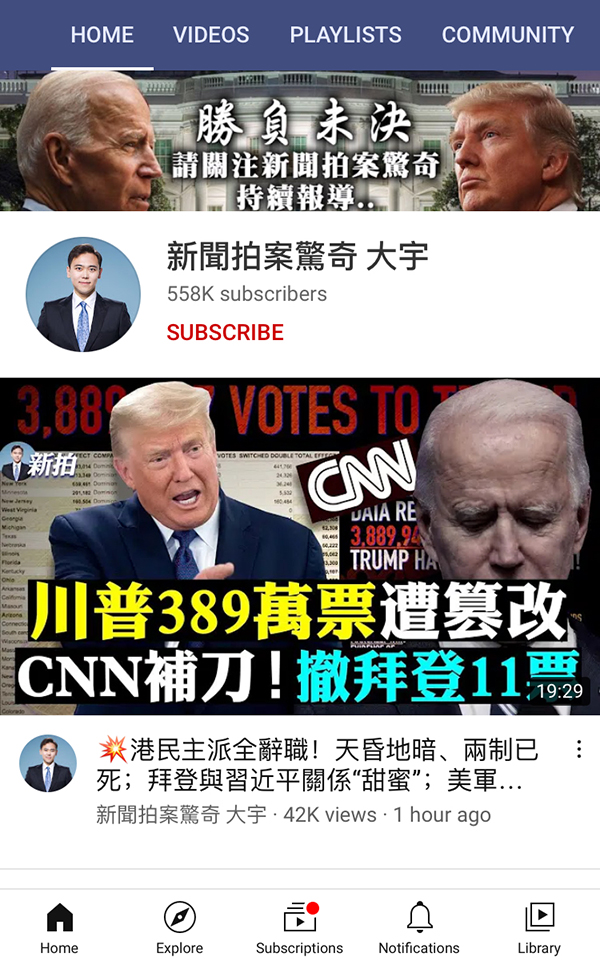Methodology
For our investigation, we used Zanroo, a paid social listening and
monitoring tool, to collate posts from public Malaysian Facebook
pages in all three languages (English, Bahasa Malaysia and
Chinese) based on a set of keywords related to the Hong Kong
protests.
We focused on posts uploaded from June 1, 2019 to March 31, 2020.
The resulting dataset consisted of 11,482 posts from 384 pages,
together with details of each post including the number of
engagements, date and time of posting, links and media shared, as
well as the number of followers of each page. However, a small
number of posts unrelated to the Hong Kong protests were
mistakenly included in the dataset as they shared the same
keywords.
Due to limited resources, our investigation focused on Facebook as
it is the most popular social media platform used by Malaysians.
We only covered Facebook pages that are categorised as Malaysian
pages based on various criteria including page description,
location of page managers, contact numbers and related websites.
The categorisation was done by the team at Zanroo.
Our team then manually inspected posts in the dataset that had
received a minimum of 20 engagements. Engagements refer to
Facebook reactions (which allow users to respond to a post using
emojis to convey different meanings such as like, love, laughter,
surprise, anger and sadness), comments and shares received by each
post.
We then scrutinised each post for misinformation or other relevant
information. If it was a post shared from another Facebook page, a
YouTube video or web page, we would similarly track and inspect
the content for any misinformation.
For web pages or YouTube videos linked to those Facebook pages, we
were able to track how many engagements they received on different
social media platforms and identified which public Facebook pages
also shared them using the
CrowdTangle Link Checker, a Chrome extension.
We have made the
dataset public.
Limitations
Due to Facebook’s privacy terms, we could only extract posts from
public pages. Access to all posts from closed pages or individual
users is restricted by Facebook. Although we could view the
comments posted by personal accounts on public pages, we can’t
trace their profiles. Hence we have excluded all comments by
personal accounts from our investigation.
The dataset of posts by public Malaysian Facebook pages that
Zanroo built for us is not exhaustive as pages could have been
left out. This is as Zanroo depends on various signals shown on a
Facebook page to determine if the page should be categorised as a
Malaysian page. For example, a page followed by mostly Malaysian
users but do not show any affiliation to Malaysia in its
description, managers’ location, contact number or websites might
not be categorised as a Malaysian page and thus, excluded in the
dataset.
